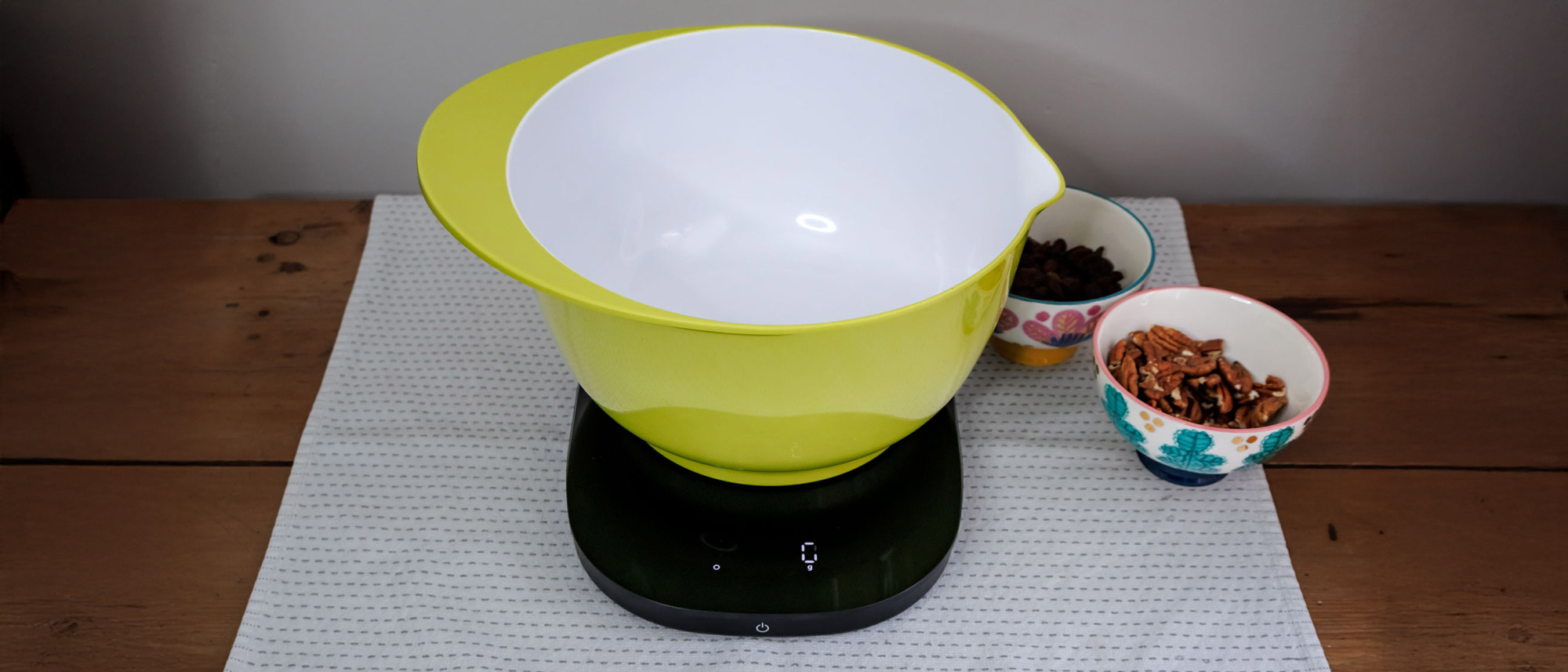Google Pixel 8 — 7 biggest rumored upgrades
Here's the top changes coming to Google's phones
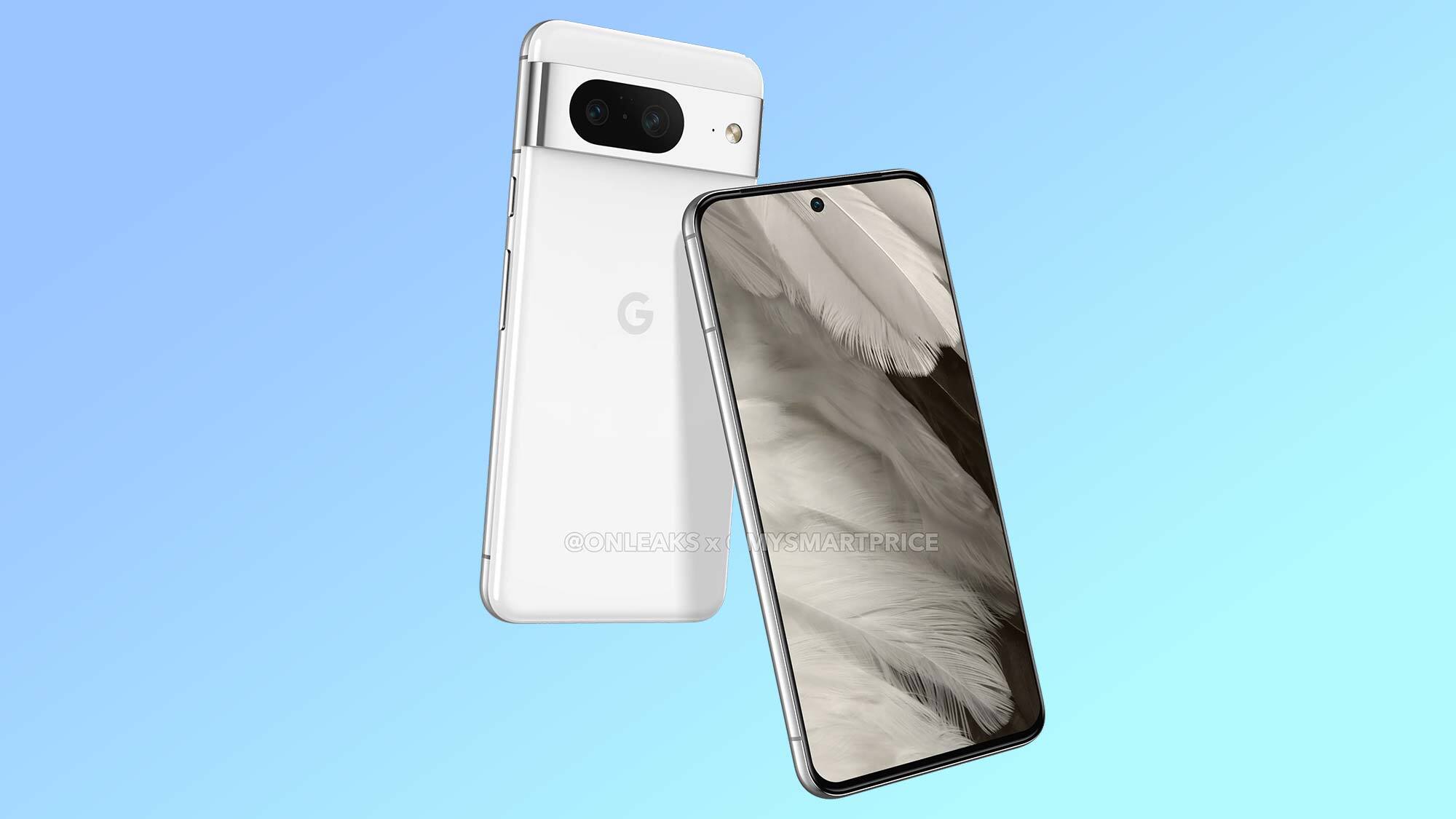
The Google Pixel 8 arrives soon, with Google likely to show off its latest generation of smartphones at its newly scheduled Made by Google event on October 4. And that means a host of new features, as Google looks to restore the Pixel to its usual spot among the best camera phones available.
But exactly what does Google have planned for the Pixel 8 and Pixel 8 Pro? Rumors about the new phones have given us some insight into what's coming, and the end result should be a phone that introduces some notable new features that draw on Google's expertise with machine learning. A few notable hardware changes could be in the mix as well.
If you're considering a new phone this fall, here's what Google's latest could bring, as we look at the top Pixel 8 rumors in advance of that device's looming launch.
New Tensor G3 chip
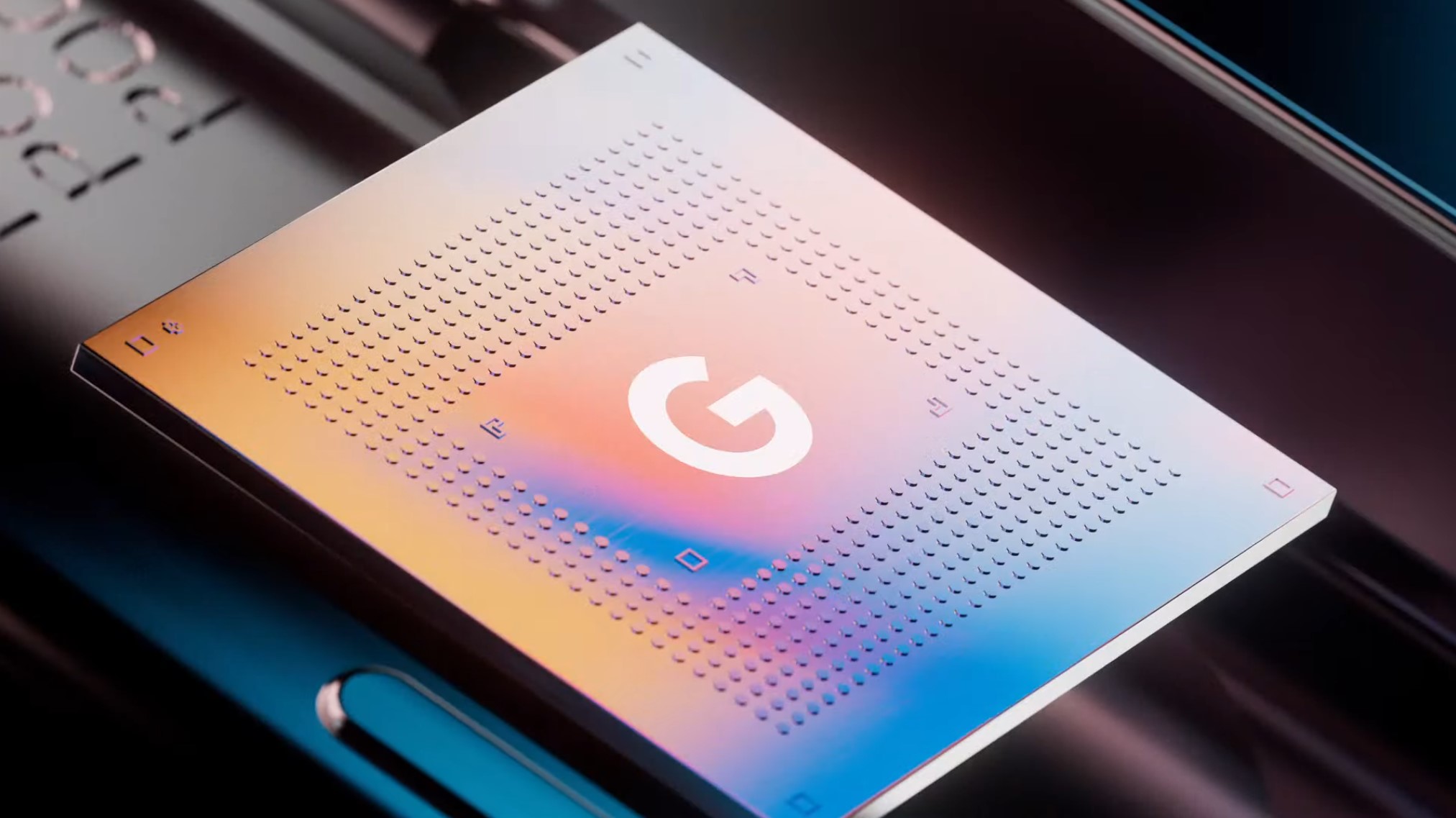
Let's tackle the most obvious improvement first — Google's next phone is going to feature a new generation of the Tensor chipset it designs in house. In the case of the Pixel 8 models, that will be the Tensor G3.
Google started equipping its flagship phones with its own silicon starting with the Pixel 6, and in that time, the focus with the Tensor system-on-chip has been on its machine learning-powered core. That's the part of the chipset that's responsible for many of the AI-driven features that make using a Pixel so unique.
We expect that to continue with the Tensor G3, but rumors also suggest the new chipset could address a long-standing complaint about Google's silicon — that it lags behind the chipsets powering other top phones. Obviously, a lot of silicon has a hard time keeping up with Apple's high-performance chipsets, but the Tensor G2 powering the current Pixel 7 lineup trails the Snapdragon 8 Gen 2 found in other top Android phones.
Insiders say that Google is changing the architecture of the Tensor G3 with an eye toward boosting performance and efficiency. In particular, the GPU on the chipset is in line for a big upgrade, which should improve graphics rendering on the Pixel 8. All those changes would be welcome, particularly if they help improve the notoriously disappointing battery life on Google's phones.
Sign up to get the BEST of Tom's Guide direct to your inbox.
Get instant access to breaking news, the hottest reviews, great deals and helpful tips.
A new Pixel 8 camera sensor
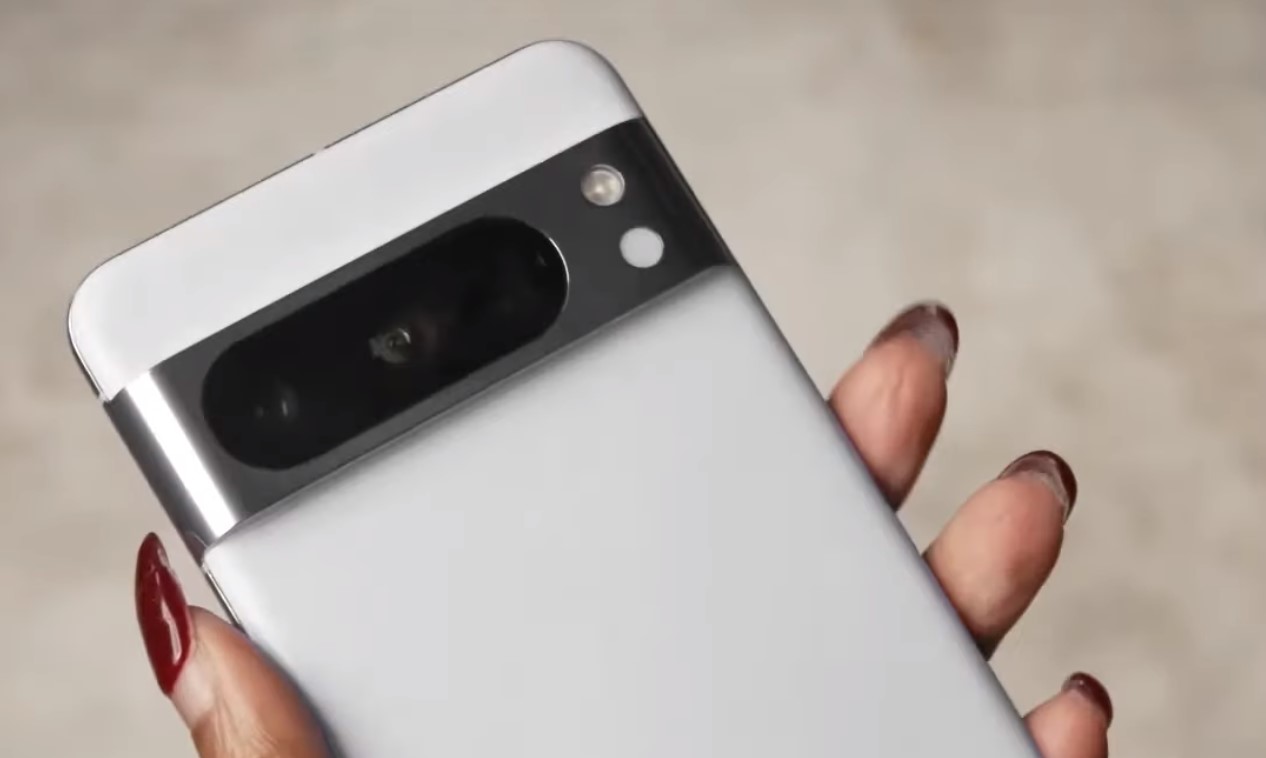
Don't expect big hardware changes to the camera setup on the Pixel 8 phones, though the Pixel 8 Pro's ultrawide camera is rumored to be getting a boost to a 48MP sensor. (The Pixel 7 Pro features a 12MP ultrawide lens.) The bigger rumored change involves the sensor both Pixel models uses for their 50MP main camera.
Specifically, rumors tip the Pixel 8 and Pixel 8 Pro to turn to a Samsung Isocell GN2 sensor for their primary cameras. There will be no changes in megapixels from the sensor found in the Pixel 7 series, but the sensor is an upgrade in other ways. For example, it's larger than the GN1 sensor found in the current Pixels, which should allow the new camera to capture 35% more light than before. That should mean sharper, more detailed pictures even in low-light settings. And the GN2 supports 8K video capture as well.
Staggered HDR support
Hardware upgrades to Pixel phones usually play second-fiddle to the software improvements, and that should continue with the Pixel 8. One of the big rumored changes involves support for staggered HDR coming to Google's phones.
With staggered HDR, a camera phone captures long and short exposures at the same time, rather than one after the other. That reduces the need for additional capture time, lowering the risk of introducing blurriness into a shot. As a result, there's less chance of strobing or ghosting effects marring your finished photos when staggered HDR is on the case.
Incidentally, the current camera sensor found in the Pixel 7 couldn't support this feature, which adds fuel to the speculation that the Pixel 8 will feature the newer GN2 sensor for its main camera.
Video Unblur

Last year, the Pixel 7 introduced a new Photo Unblur feature, where you could use the photo processing features built into the phone to sharpen up pictures shot by other devices, removing the blurriness around faces. Reportedly, that feature's getting extended to video for the Pixel 8.
That claim is based on unfinished code spotted in the Google Photos app, and it would allegedly work much the same as Photo Unblur, cleaning up footage shot on other phones. It's unclear if this feature would be a Pixel 8-exclusive or eventually find its way to other Tensor-powered devices via a software update.
Extended software support
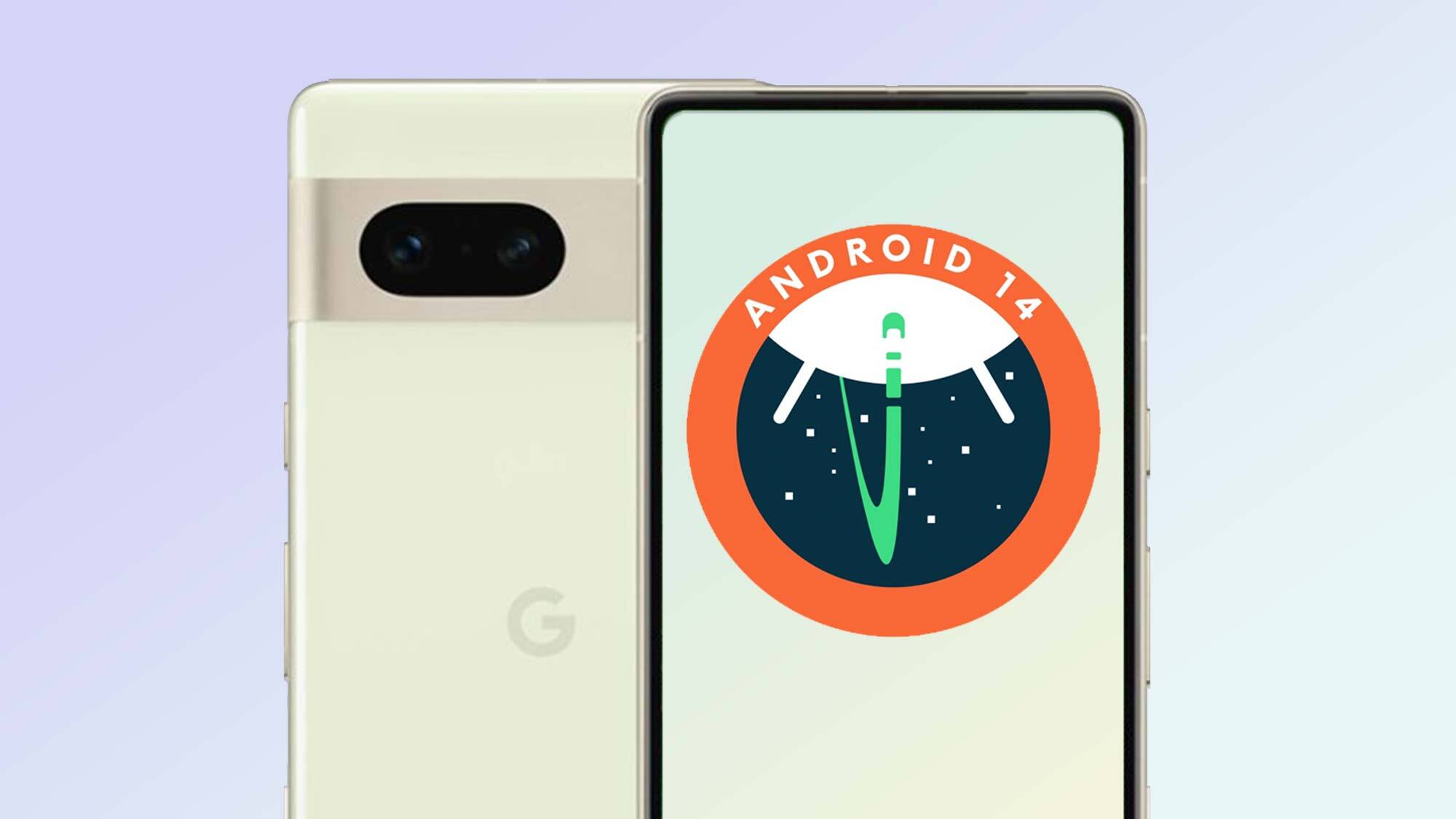
For years, we've been asking Google to be more like Apple when it comes to providing software support for its phones. The iOS 17 update arriving next month, for example, will work on phones released back in 2018. Meanwhile, the best Google has been able to do is guarantee three years of software updates to go with five years of security support.
A new report claims that the Pixel 8 will usher in a welcome new era of extended software support for Google's phones. Google will reportedly add another two years of software updates, meaning its new phone is in line to get five OS updates instead of the usual three. That would make Google's policy the most generous of any Android phone maker, beating Samsung, which tops out at four years of software updates.
Display improvements

A report indicates that display sizes will be smaller on the Pixel 8 than they were with the Pixel 7 models. For the Pixel 8 Pro, the difference could be negligible, with a slight decrease caused by the fact that Google is apparently shifting from a curved panel to a flat one. The Pixel 8 is likely to see the bigger change in size — it's tipped to feature a 6.17-inch screen, down from the Pixel 7's 6.3-inch screen.
The more significant improvement should be the brightness of the screens, one of our criticisms of recent Pixel models. Rumors suggest maximum brightness of the Pixel 8 will hit 1,400 nits, up from 1,000 nits on the Pixel 7. Similarly, the Pixel 8 Pro's brightness will jump to 1,600 nits after its predecessor topped out at 1,400 nits.
A faster refreshing Pixel 8 display
Included among the rumored display changes would be the biggest improvement for the Pixel 8's screen — it's tipped to get a 120Hz refresh rate, matching what the Pixel 8 Pro can do.
Unlike Apple, which reserves fast refresh rate for its more expensive Pro models, both Google flagship feature fast-refreshing displays. However, the Pixel 7 tops out at 90Hz. The Pixel 8 adopting a 120Hz screen seems to Google's way of differentiating its flagship phone from the midrange Pixel 7a, which also offers a 90Hz refresh rate.
More from Tom's Guide
Philip Michaels is a Managing Editor at Tom's Guide. He's been covering personal technology since 1999 and was in the building when Steve Jobs showed off the iPhone for the first time. He's been evaluating smartphones since that first iPhone debuted in 2007, and he's been following phone carriers and smartphone plans since 2015. He has strong opinions about Apple, the Oakland Athletics, old movies and proper butchery techniques. Follow him at @PhilipMichaels.

